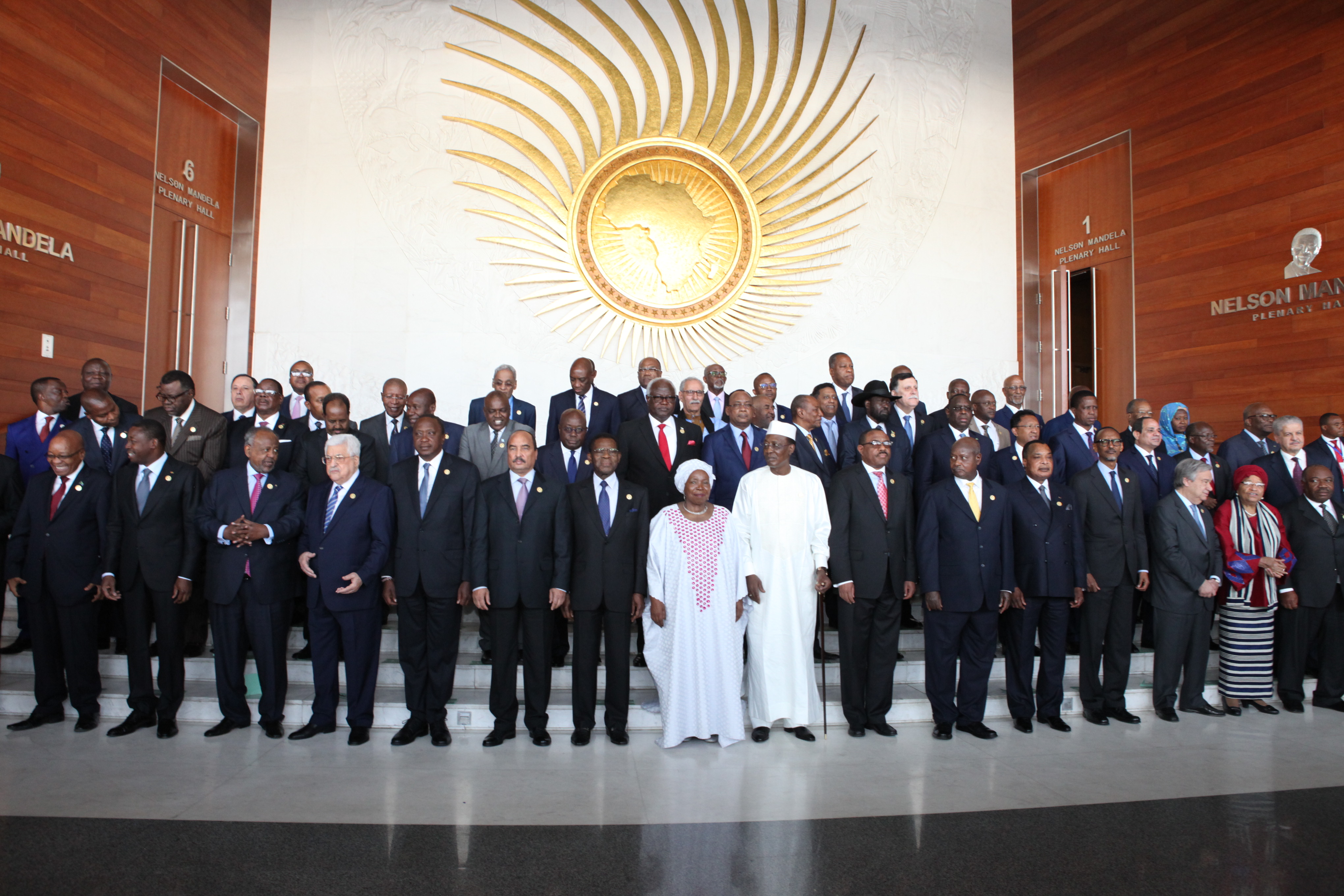Gerontocracy is a state or group governed by old people. In its purest form, the council of elders govern for the greater good of the community based on the concept of Ubuntu. Ubuntu is a Nguni Bantu term meaning “humanity”. It is often used as a philosophical term to describe, “the belief in a universal bond of sharing that connects all humanity”. It is in this context that our elders would govern for the greater good of the community and be driven by the idea that the well-being of the society trumps that of the individual. The criteria of elders established order and determined by demonstrated wisdom and knowledge and experience and not just age. During traditional gathering of elders everyone sits in order of age with the eldest at the head and the youngest further away.
The council of elders is not about autocratic rule or dictatorship but about consensus building to shape the community. In the social order of traditional Africa, the men are the elders and they serve as judges, rulers and advisors in their community. In many African societies like in the Christian Bible the eldest son has a special position within the family. In many traditional communities the eldest children have access to the inheritance and not the younger ones. In Sierra Leone and Guinea the Kuranko people believe that the elder siblings should exercise ruler ship over matters concerning the younger siblings.
At the family level, in tradition Igbo ethnic groups of Nigeria even when food is being served the eldest is given the head signifying the headship of the family. The head of the family is given the leadership role and the spiritual authority of that family so it is a big deal. Ancestral worship is part of African spirituality which involves veneration of dead elders who are believed to have the power to hurt or bless the living. Traditional African spiritual belief believe that the ancestors protect people and in the Samburu tribe of Kenya it is believed that the elders speak directly to the ancestors which give them power to govern community affairs.
However, in the current political systems in many African countries, the Council of elders’ power has been eroded with corruption. The kind of elders who are elected are unworthy candidates who lack experience and wisdom but still occupy seats of power. Nepotism has also undermined the traditional council of elders as well as colonialism and new religious beliefs of Christianity, Islam and atheism.




